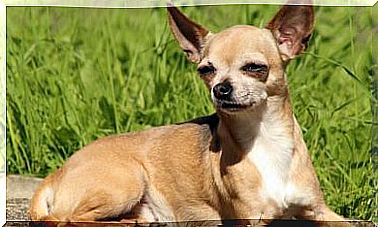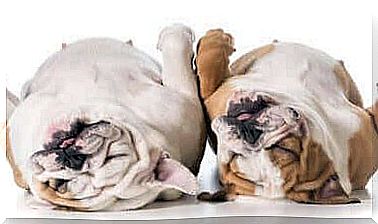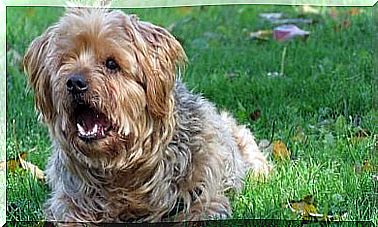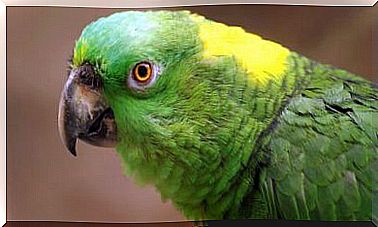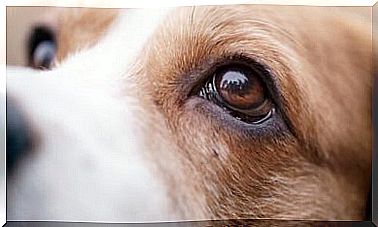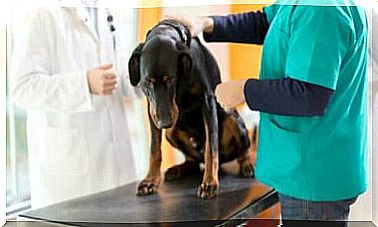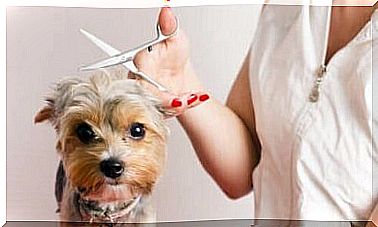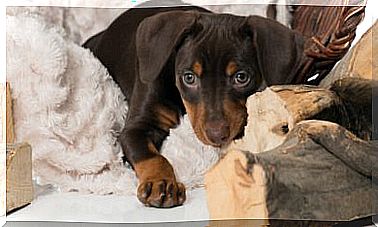Types Of Dog Foods For Each Breed Of Dog
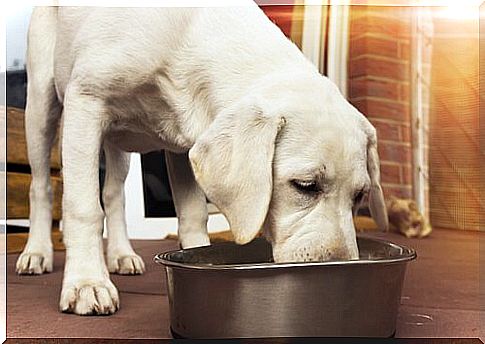
Every pet needs a diet that meets their needs. It is therefore important to know which food is recommended for which sizes and breeds of dog. This article will tell you what types of dog foods there are and which ones are best for your dog.
Nutritional requirements depending on the size of the dog
As far as food goes, feeding a small dog is not the same as feeding a medium or large dog. In addition to the fact that everyone needs different amounts of food, you also have to consider the nutritional needs of each dog according to its size, which of course are different.
1. Small dogs
Even if it doesn’t seem like it at first, miniature breeds have more energy than larger ones because they have a faster metabolism. Note that these dogs have small stomachs that prevent them from ingesting large amounts of food.
A small dog’s diet should therefore consist of high-energy and nutrient-rich food that is easy to chew and digest.
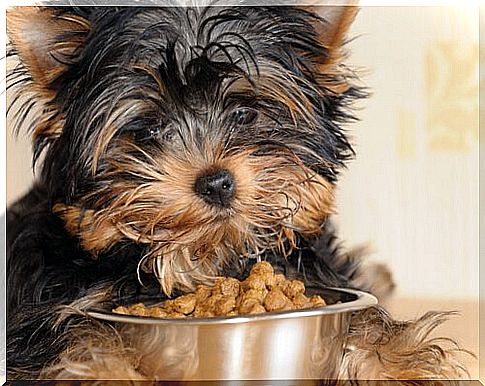
2. Medium sized dogs
These dog breeds include terriers, beagles, and spaniels, among others. These breeds can experience certain health problems that result from a lack of nutrients. It can be said that the needs of medium-sized dogs are somewhere between those of large and very small dogs. Therefore, the vet will often recommend a special diet for them as well.
3. Big dogs
While it is true that large dogs eat more, breeds like the Newfoundland, German Shepherd, or Bullmastiff are typically less active than smaller dogs. This means that they will gain weight more easily. Weight gain can lead to bone problems caused by an unbalanced diet. It is therefore important to provide these animals with a special feed.
Types of dog foods depending on the breed of dog
Aside from the size of the animal, there are other factors that you need to consider when feeding. The breed of dog is one of these factors. A dog with a flat muzzle is not the same as a dog with a long muzzle. And long-haired dogs are also different from short-haired dogs.
The good news is that dog foods exist for different breeds, sizes, or ages. You can get it in pet shops or in veterinary practices. There are different options and types of dog food that are tailored to the specific needs of the animals.
Dog food is made for the special nutritional needs of animals to ensure good nutrition and prevent disease. Some feed options depending on the breed are as follows:
1. Bulldog
Like other brachycephalic dogs, bulldogs often choke their food back up because their trachea is too short and their jaws don’t close properly. Since they cannot chew their food properly, they should be given special triangular food of the right size.
2. Types of dog food: German Shepherd
One of the biggest problems with this breed is their soft bones. From a certain age, your hip bones are particularly affected. In addition, they often suffer from various joint problems. Therefore, your food should be high in calcium and similar nutrients to strengthen your bones.
3. Border Collie
This breed has a sensitive stomach and is prone to vomiting and pain after eating. If you have a Border Collie or are about to adopt one, you should feed them special types of dog foods that are made for that breed. The feed should have an ideal percentage of protein and fiber to aid digestion for the animals.
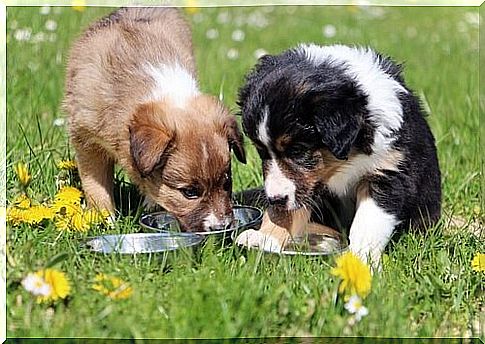
4. Types of dog food: Chihuahua
This small breed of dog has a “sensitive palate” and doesn’t just eat any food. Still, you don’t have to worry, because there is a special food for these animals that is the right size for the tiny mouth of this breed and has smells and aromas that they like.
5. St. Bernard
This is one of the largest breeds of dogs out there. Saint Bernard dogs can weigh up to 45 kg. Your feed should not only contain proteins and vitamins, but also minerals and amino acids (such as L-carnitine). With this food, your Saint Bernard will feel strengthened, his bones will be stronger and he will be less sick.
